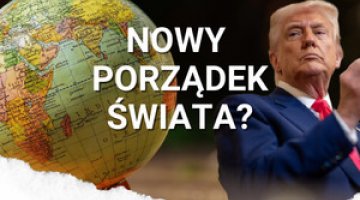Analyses
The President of Russia vetoes limiting the right to assembly
On 6 November, President Dmitri Medvedev vetoed as "unconstitutional" the amendments to the law on public assemblies adopted by Parliament, which impose restrictions on the organisers of demonstrations. The President’s veto, which was well received by the parliamentary opposition and many human rights defenders, strengthens his image as a democratically-inclined politician. However, the state retains its far-reaching political control over the political activity of its citizens.
The revision of the law, enacted in October this year, included measures prohibiting organisers from disseminating information about public gatherings before receiving an official permit for their organization (which is often granted at the last moment), and forbidding persons previously punished for participating in illegal meetings from organising any further meetings. The President vetoed the amendments, stressing that they infringe the constitutional right of citizens to public demonstrations, and announced that further work on amending this act would be carried out.
Medvedev’s veto has been welcomed by both the parties of the so-called ‘licenced opposition’ (the Communists and the LDPR of Vladimir Zhirinovsky), as well as by human rights defenders (including the head of the Helsinki Group in Moscow, Ludmila Alekseyeva). The President’s decision is part of the construction of his image as a politician who favours the democratisation of political life. However, Medvedev’s veto does not change the fact that the State has extensive resources (both formal and informal) to control civic activity. The present law gives the government great powers regarding the issuing of permits for demonstrations, and its legislation to combat extremism allows it to monitor opposition circles closely. <JR>




